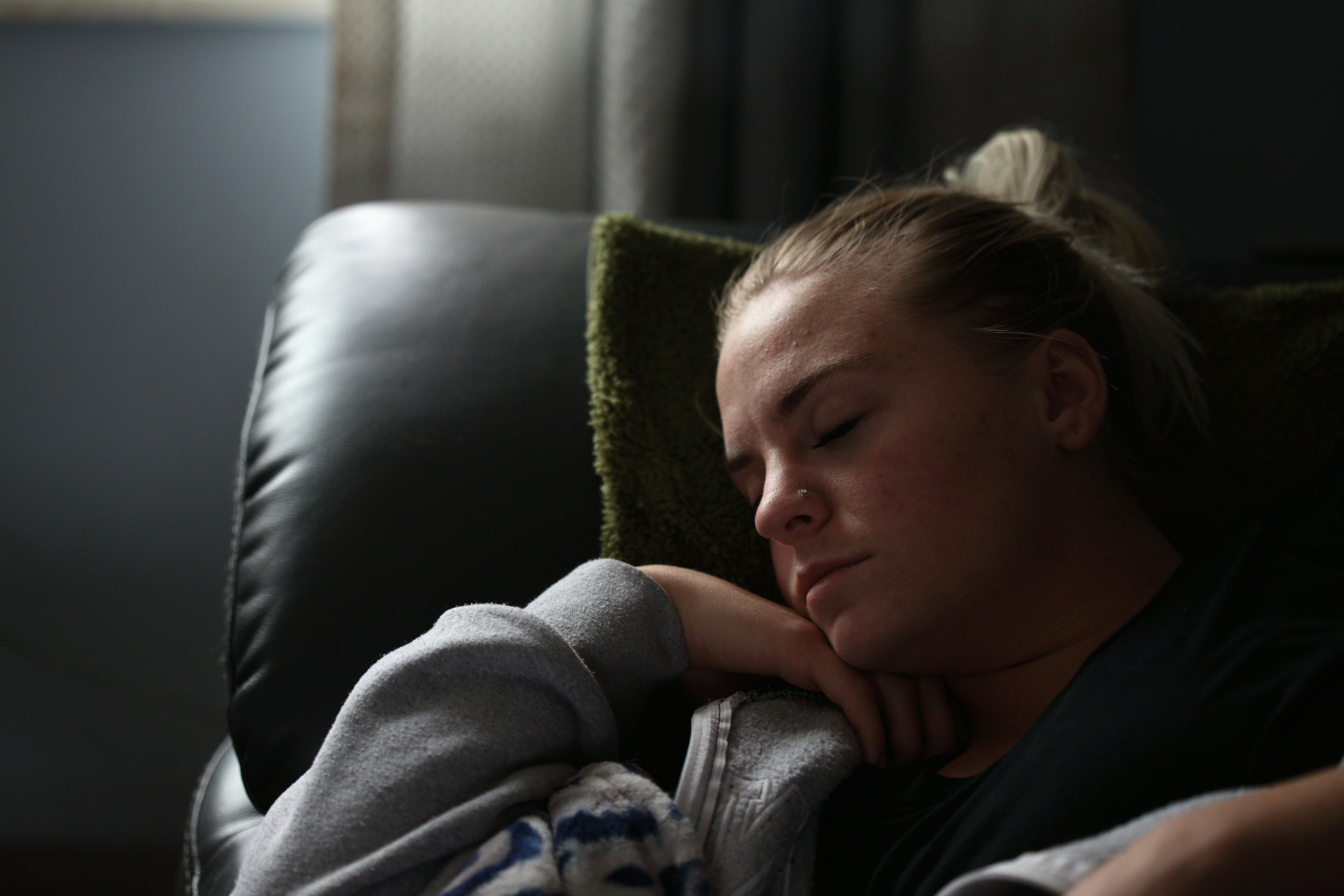News release
From:
Study tracks physical and cognitive impairments associated with long COVID
Researchers following nearly 1,000 people with post-COVID-19 syndrome found few changes to their symptoms in the second year of illness
Two-thirds of people with post-COVID-19 syndrome have persistent, objective symptoms – including reduced physical exercise capacity and reduced cognitive test performances – for a year or more, with no major changes in symptom clusters during the second year of their illness, according to a new study published January 23rd in the open-access journal PLOS Medicine by Winfried Kern of Freiburg University, Germany, and colleagues.
Self-reported health problems following SARS-CoV-2 infection have commonly been described and may persist for months. However, the long-term prognosis of post-COVID-19 syndrome (PCS) is unknown.
In the new study, researchers studied 982 people aged 18 to 65 who had previously been identified as having PCS, as well as 576 controls. All participants visited one of several university health centers in southwestern Germany for comprehensive assessments, including neurocognitive, cardiopulmonary exercise, and laboratory testing.
The predominant symptom clusters among people with PCS were fatigue/exhaustion, neurocognitive disturbances, chest symptoms/breathlessness, and anxiety/depression/sleep problems. Nearly 68% of people who originally reported PCS still struggled with symptoms in the second year. Exercise intolerance with post-exertional malaise was reported by 35.6% of people with persistent PCS, and these people had worse outcomes and more severe symptoms. People with lower educational attainment, obesity, or more severe illness during the initial COVID-19 infection were also at higher risk of prolonged symptoms.
When they looked at objective measures of health and cognition, the team found that people with persistent PCS had significant reductions in handgrip strength, maximal oxygen consumption, and ventilatory efficiency. Patients with persistent PCS and post-exertional malaise scored lower than control patients on cognitive tests measuring memory, attention, and processing speed; however, the researchers point out that they had no data on cognition before acute COVID-19 infection. The team was not able to identify differences in cardiac function or laboratory values, including tests of viral persistence.
“The results call for the inclusion of cognitive and exercise testing in the clinical evaluation and monitoring of patients with suspected PCS,” the authors say. “Observational studies with longer follow-up are urgently needed to evaluate factors for improvement and non-recovery from PCS.”
The authors add, “Grave symptoms with mental and physical exercise dysfunction, but no laboratory markers in Long Covid/post-Covid syndrome.”



 International
International



